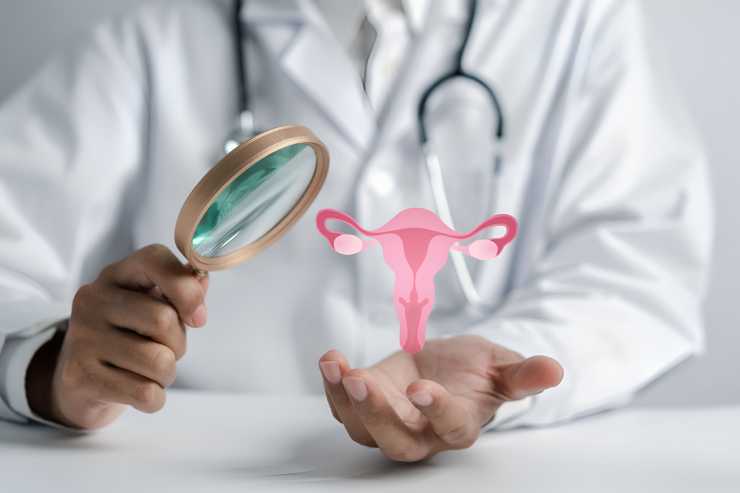
Irregular Periods: Periods may become irregular in the years leading up to menopause (perimenopause), with cycles becoming shorter or longer.
Hot Flashes: Sudden feelings of warmth, often accompanied by flushing and sweating, particularly in the upper body and face.
Night Sweats: Hot flashes that occur during sleep, leading to disrupted sleep patterns and fatigue.
Vaginal Dryness: Decreased lubrication and thinning of the vaginal tissues, which can lead to discomfort during intercourse.
Mood Changes: Mood swings, irritability, and increased risk of anxiety and depression.
Sleep Disturbances: Difficulty falling asleep or staying asleep, often due to night sweats or hormonal fluctuations.
Physical Changes: Changes in skin elasticity, weight gain (especially around the abdomen), and changes in hair texture.
Health Considerations During Menopause:
Welcome to Thakre Women's Hospital, a dedicated healthcare facility catering to the unique needs of women's health and fertility concerns. Established in November 2016